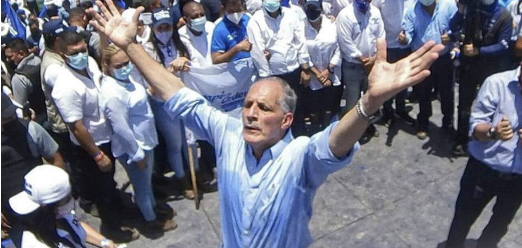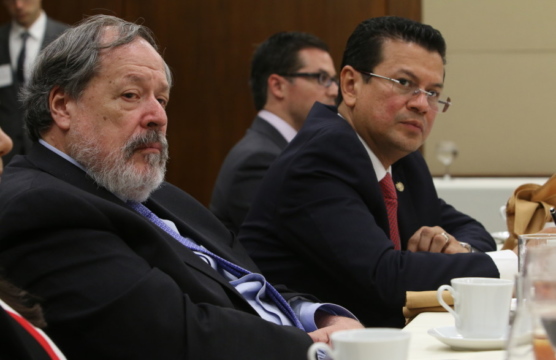
CMWG: A Conversation with El Salvador’s Foreign Minister
The outlook for the Northern Triangle is one of both optimism and apprehension.
The outlook for the Northern Triangle is one of both optimism and apprehension.
On Monday, December 5th, 2016, the Dialogue welcomed El Salvador’s Minister of Foreign Affairs Hugo Martínez for a discussion on US-El Salvador relations in light of recent political developments in Central and North America. The discussion focused on the Plan for the Alliance for Prosperity of the Northern Triangle as the guiding policy of US engagement with El Salvador and the neighboring countries of Guatemala and Honduras.
More than 52,000 Central American children, passing through Mexico, have sought entry into the US.
A compilation of the most relevant Dialogue’s articles, presentations and reports on Central America: its development challenges and policy options.
Great Decisions examines in the documentary “Northern Triangle: The Origins of America’s Migrant Crisis” the Western Hemisphere’s migration crisis and the fractured societies at the heart of it: Guatemala, Honduras, and El Salvador. Michael Shifter, president of the Inter-American Dialogue, is one of the featured guests in this documentary.
On June 14, 2022, the Inter-American Dialogue hosted a webinar presenting the main findings of its Task Force on Climate Change in the Northern Triangle.
Rebecca Bill Chavez writes for the New York Times on strained relations between the United States and Mexico following the Trump administration’s threats to the North American Free Trade Agreement.
A Latin America Advisor Q&A featuring experts’ takes on the coronavirus outbreaks in Northern Triangle prisons.
On October 27, 2020, the Inter-American Dialogue hosted “Anatomy of MS-13 – Policy Implications for El Salvador and the US” using the groundbreaking publication by Steven Dudley, MS-13: The Making of America’s Most Notorious Gang, as a basis for discussion. The event featured remarks by Dudley and commentary by Sonja Wolf, and Ricardo Zúñiga. Michael Shifter, president of the Inter-American Dialogue moderated the conversation.
Daniel P. Erikson, previously Managing Director at Blue Star Strategies, LLC has been sworn in as Deputy Assistant Secretary of Defense (DASD) for Western Hemisphere Affairs.
Dialogue alumnus Michael Camilleri joined the Biden-Harris Administration as a senior advisor to Administrator-designate Samantha Power at the United States Agency for International Development (USAID). He will lead a new USAID task force on the Northern Triangle of Central America.
Noah Bierman, from the Los Angeles Times, travelled with Vice President Harris to the region and interviewed Rebecca Bill Chavez, non-resident senior fellow at the Inter-American Dialogue, to assess the trip and the bigger questions it raises about the Biden administration’s strategy for reducing migration.
A Latin America Advisor Q&A about Vice President Kamala Harris’ trip to Guatemala and Mexico and the Biden administration’s migration policy.
La región del Triángulo Norte es extremadamente vulnerable a los efectos del cambio climático y merece una atención especial. Los huracanes y muchas veces las sequías agravan las crisis humanitarias y económicas en Guatemala, Honduras y El Salvador. Lisa Viscidi compartió sus comentarios sobre las consecuencias del cambio climático en la región y lo que pueden hacer tanto los gobiernos del área como Estados Unidos para mitigar y adaptarse a los impactos climáticos.
A Latin America Advisor Q&A featuring experts’ viewpoints on the upcoming Honduran presidential elections.
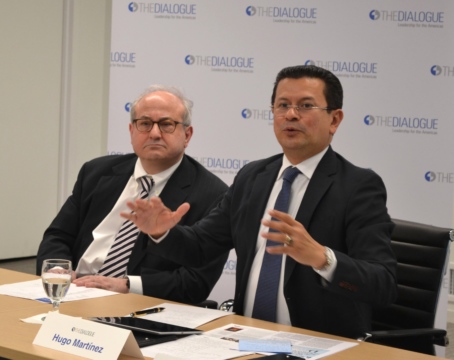
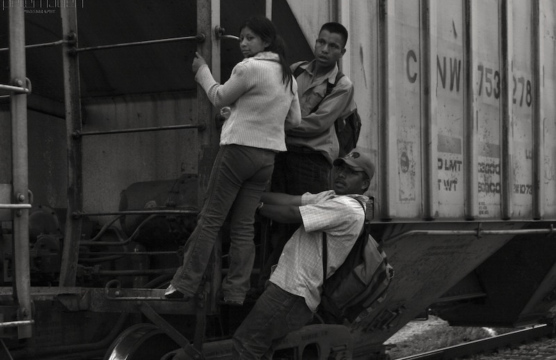
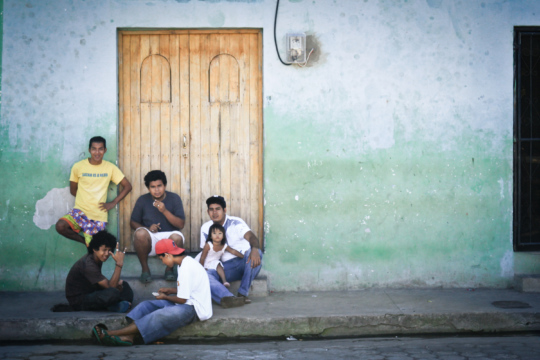
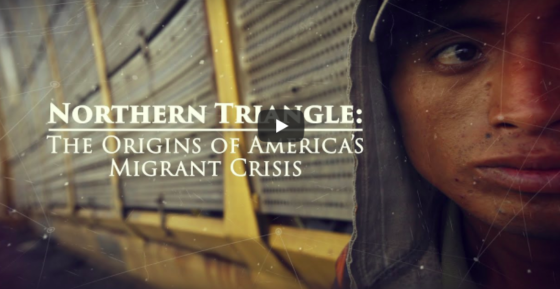 Video
Video
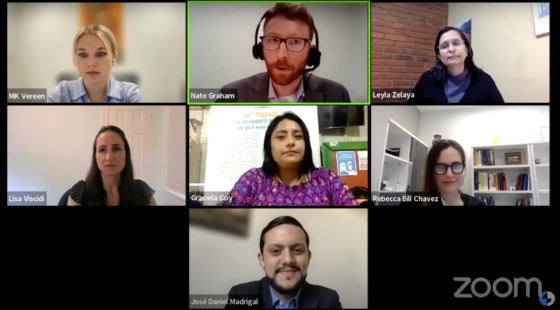 Video
Video
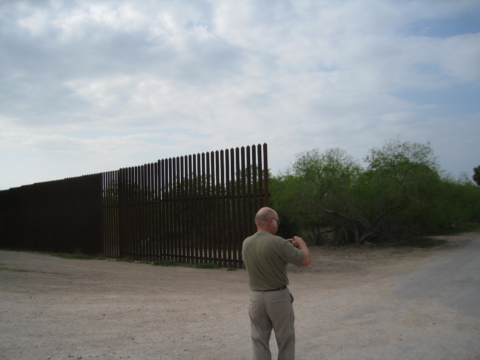
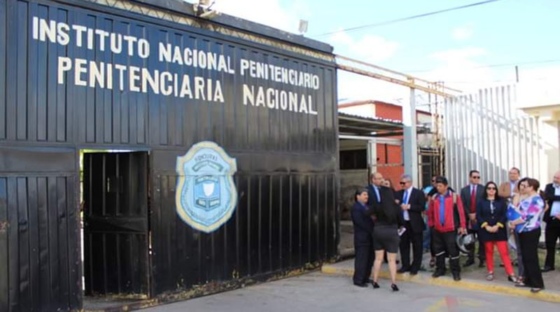
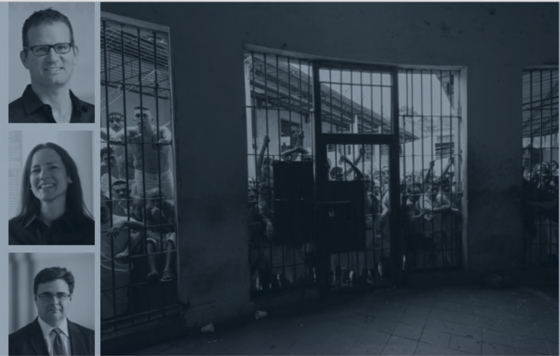 Video
Video
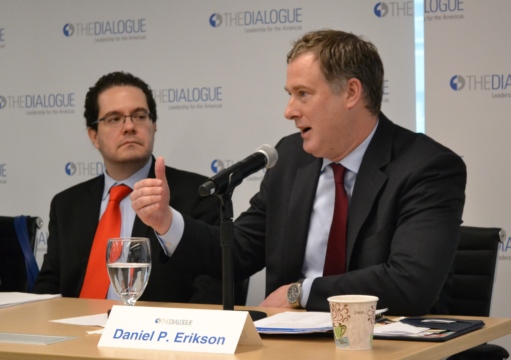
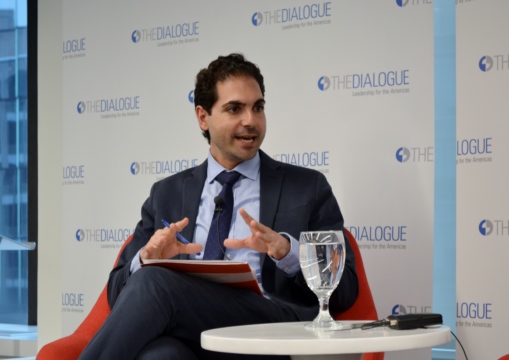
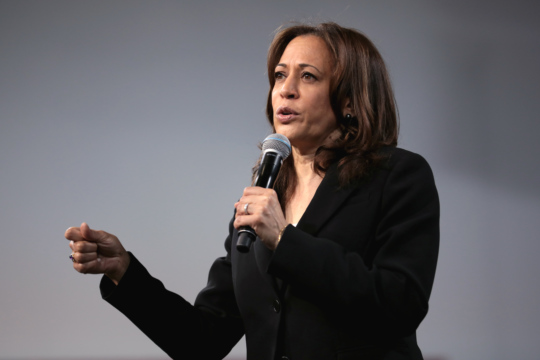
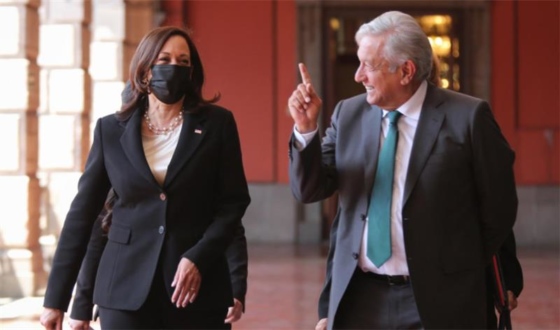
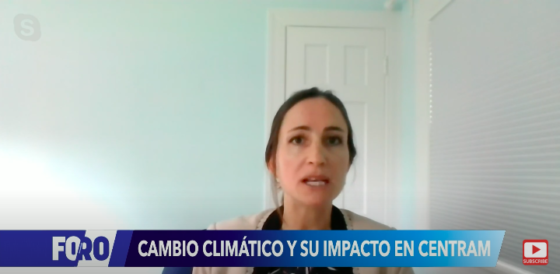 Video
Video
